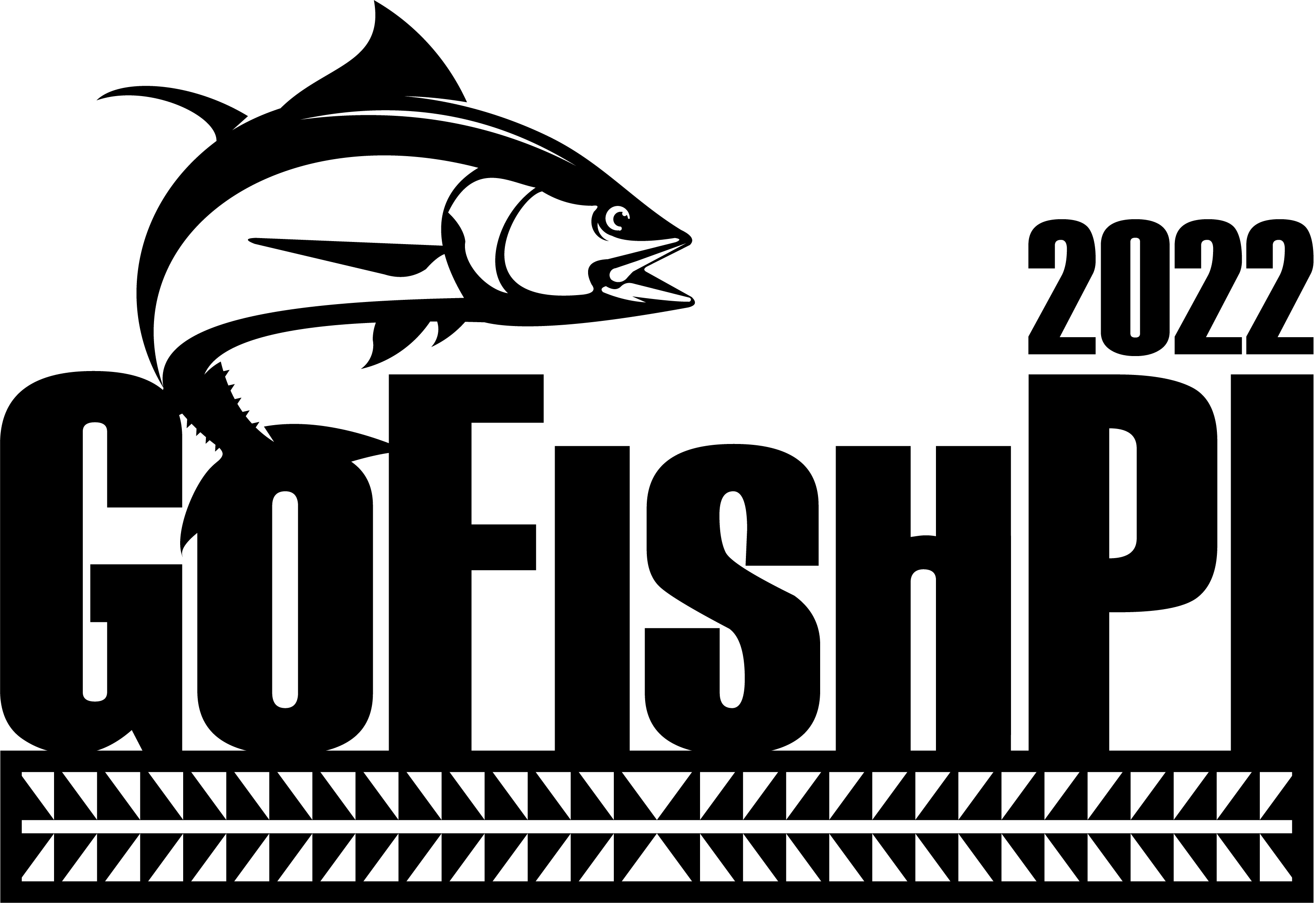
GoFishPI Ambassadors Camp
Supporting food security and expanding seafood access through inclusive and culturally appropriate experiential education for the Pacific Islander community in Oregon
This project aims to address the significant cultural disconnect between members of the Native Hawaiian and Pacific Islander communities living in Oregon and their understanding & compliance with the rules and regulations surrounding access to fishing and crabbing in the region.
Historically, this population has represented a disproportionate incidence of infractions and citations for littering, fishing without a proper license, and catching fish out of season. Illegal fishing is an obvious problem for marine and aquatic conservation and effective fisheries management. It is also a significant problem for the individuals within the NHPI community who receive citations. Some community members accrue repeated citations which leads directly to financial hardship. Many rely on fishing for subsistence and are unfamiliar with navigating legal channels to deal with tickets they lack the means to pay.
Participation in fishing and crabbing are essential pillars of these island cultures. However, much of this proud tradition exists and flourishes in a context with few restrictions on where, when, or how recreational and subsistence fishing takes place, unlike the complex requirements imposed by Oregon state fishing regulations. There is a clear opportunity for targeted and culturally competent outreach and education to help ensure that Native Hawaiian and Pacific Islander Oregonians have access to recreational and subsistence fishing and crabbing, and accompanying food security benefits, without running afoul of the law.
Through previous work with this community, Living Islands has found success in education and disseminating information through direct personal connections and engagement with storytelling. Living Islands also leverages key community members’ personal and familial networks to efficiently bring vital information and resources to this traditionally underserved group. This approach was critical to their success in coordinating events during the pandemic, such as food and COVID vaccination drives targeted at this population.
Acknowledging that there is a need to improve understanding of the differences between Pacific Islander native cultures and the regulatory expectations in the state of Oregon, Living Islands has arranged to bring together professionals from the Oregon Department of Fish and Wildlife, Oregon State Police, with outreach and educational materials from the Oregon Health Authority to engage with a select group of community leaders representing the 14 distinct Micronesian cultural communities living in Oregon. With the help of the Oregon Sea Grant, our coalition will provide these ambassadors with a workshop packed with a specifically tailored curriculum designed to foster cultural exchange and connection through storytelling and experiential education. The courses and presentations have been closely coordinated with affiliate organizations and arranged with our Palauan community leader to ensure as much of the material offered is directly pertinent to and presented in ways designed to connect with the attendees. We are also proud to include presenters from Oregon Sea Grant to share some of the vital work they do and how their scope of research impacts many of the nations our Pacific Islanders hail from.
We have selected a key subset of Oregon’s Native Hawaiian and Pacific Islander community leaders to act as ambassadors for this program, through whom we can connect their broader individual cultural networks with the people and resources available in the Oregon Department of Fish and Wildlife and Oregon State Police. Workshop participants represent a wide range of linguistic and cultural diversity within the Native Hawaiian and Pacific Islander communities. They will be charged with sharing the information they gain during the workshop with fellow members of their cultural groups in Oregon and, when appropriate, in their countries of origin who might be considering coming to Oregon. By cultivating and educating this group of trusted ambassadors, we can affect a shift in attitudes across disparate regions.
The intention is to continue and expand this project in years to come, thereby increasing the scope of included individuals and improving the penetration of resources and information provided. This means a significant component of our goal for this year’s inaugural program is to develop a higher degree of passion and interest in the benefits of learning about and subscribing to the rules and regulations surrounding their access to seafood and the natural resources we all enjoy here in Oregon.
This project’s inspiration was partly derived from the incidence of fishing citations among NHPI communities. Subsequently, the benefits we hope to affect directly are decreases in these occurrences through attitudinal shifts and cultural education among our ambassadors and their community networks. We hope to encourage a better understanding of and compliance with existing fishing regulations by helping build relationships between representatives from the regulatory and enforcement agencies and our GoFish PI Ambassadors. We hope these personal connections will motivate the GoFish PI Ambassadors to help their fellow community members understand why the NHPI community should care about following fishing and crabbing regulations, ultimately resulting in benefits for the NHPI community and for the marine, coastal, and aquatic ecosystems of Oregon.
This project will improve NHPI understanding, perception of, and attitudes toward Oregon Department of Fish and Wildlife and Oregon State Police personnel, smoothing personal interactions between them and the NHPI community. We anticipate slight improvements in rates of citation quickly after completing this year’s project and intend to nurture those changes in the long term with continued liaising between regulatory and law enforcement staff and our NHPI citizens.
This project would not be possible without the contributions of our partners at the Oregon Department of Fish and Wildlife, Oregon SeaGrant, Oregon Health Authority, and Oregon State Police. It is also made possible by sponsorships through the Oregon Food Bank, Oregon Pacific Islander Coalition, West Marine, ShrimpDaddy’s Bait & Tackle, and others.

